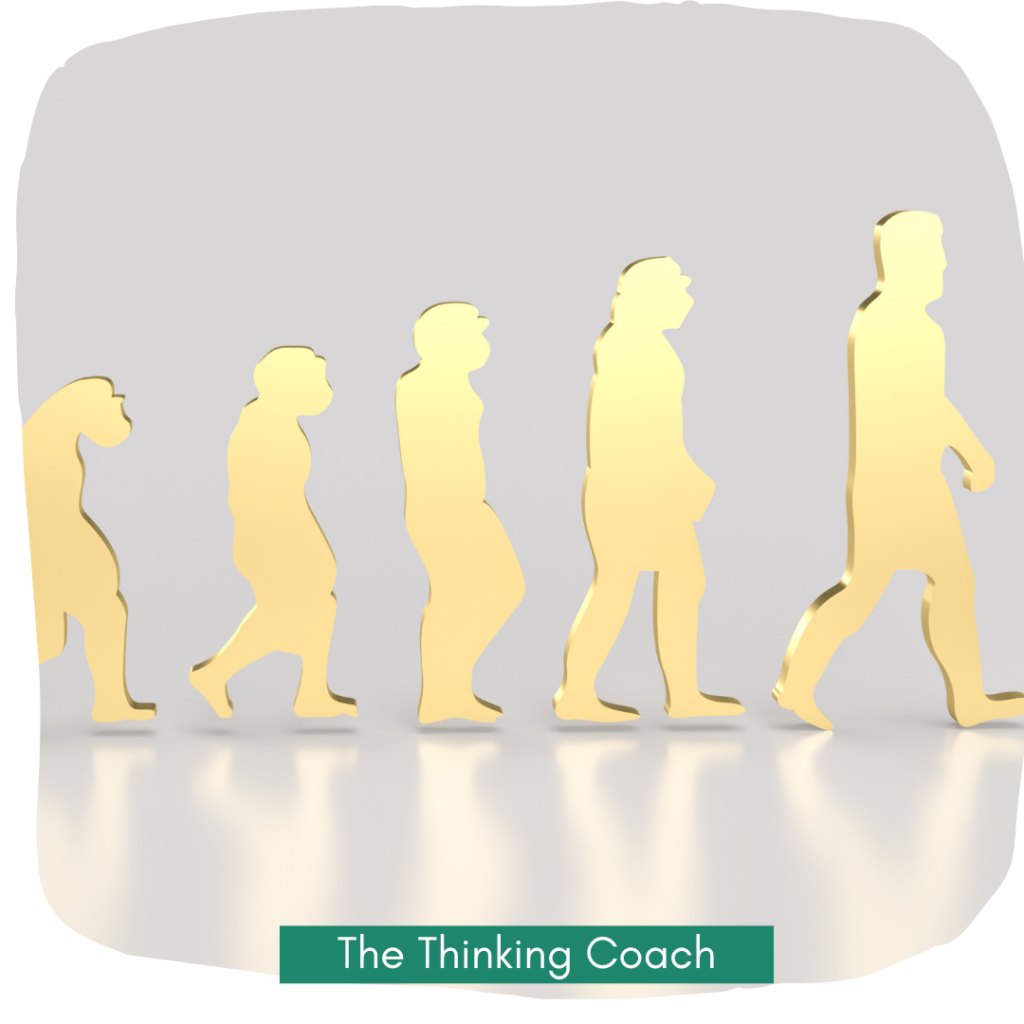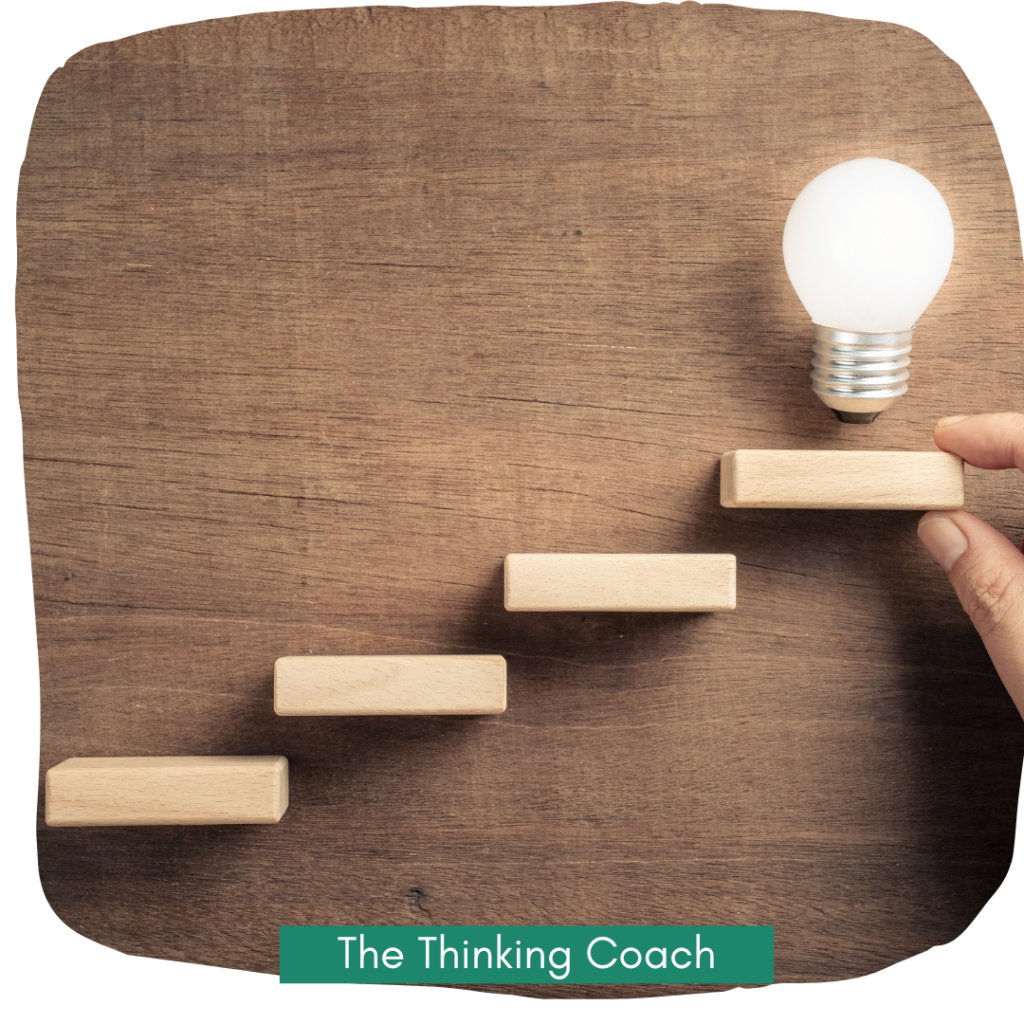The life we live today reflects the quality of decisions made by ourselves and others, both now and in the past. The decision-making process plays a pivotal role in shaping personal and professional outcomes. This article delves into the core principles of effective decision-making and introduces four critical points that can transform how you approach choices.
It may sound blunt, but reality demands sharp awareness. The quicker we embrace this, the faster we can improve our lives. Let’s explore how a paradigm shift in the decision-making process can pave the way for the changes you need to thrive.
What Is the Decision-Making Process (DMP)? A Historical Perspective

The decision-making process has evolved alongside humanity’s progression and plays a central role in 21st-century life. From minor choices like selecting toothpaste to significant decisions in governance, education, and societal norms, the process influences us daily.
Consider these trivial examples: Who decided we should all sing the same “Happy Birthday” tune worldwide? Or that apologizing for yawning is polite? Many aspects of life are dictated by decisions made long ago that became the norm — decisions we seldom question.
Unfortunately, many of us have relinquished our ability to think independently, adopting others’ decisions without scrutiny. This blind acceptance often extends to morality, education, and even personal beliefs. The DMP should empower us, but instead, it often feels like an inherited script we’re expected to follow.
Recognizing Conditioning in the DMP

From a young age, we are conditioned to comply with decisions handed down to us. Educational systems, for example, emphasize memorization and rigid formulas over critical thinking or creativity. Children are graded based on outdated methods rather than being taught how to think independently or engage in the decision-making process effectively.
This conditioning creates a cycle where adults perpetuate the same system to their children, fostering compliance over curiosity. As a result, many of us grow up feeling disconnected from our ability to make informed, autonomous decisions.
Leadership and DMP

Leadership today requires a renewed focus on the decision-making process. Effective leaders must adopt systematic thinking, embrace emotional intelligence, and refine their strategic and critical thinking skills.
Unfortunately, many leadership decisions are impulsive, driven by past experiences or personal ambition rather than thoughtful analysis. This approach often leads to subpar results. True leadership is rooted in the ability to evaluate situations comprehensively and make decisions that align with both short-term goals and long-term success.
Critical Questions to Improve Your Decision-Making Process

If you’re a leader striving to improve, start by asking yourself:
- Am I open to learning and growth?
- Do I consider both short-term and long-term consequences before deciding?
- How do I use my instincts and emotions in the DMP?
- What small changes in my approach could dramatically improve my leadership?
By addressing these questions, you can redefine your leadership approach and align it with a more systematic and thoughtful decision-making process.
Steps to Enhance Your DMP
Effective decision-making involves three key steps:

- Expand Your Knowledge Base: Ask yourself, “Do I know enough about this subject, or do I need more information?” Expanding your understanding helps you see the bigger picture and avoid hasty decisions.
- Play Devil’s Advocate: Challenge your initial instincts by asking, “Why should I decide this way?” This step ensures your choices are logical rather than based on convenience or bias.
- Evaluate Consequences: Consider at least three short-term and long-term positive & negative consequences of your decision. Then and only then engage your feelings to see what “they say” about your decisions.
These steps are vital in any decision-making process, whether personal or professional, as they encourage a balance between logic, emotion, and foresight.
The Thinking Coach: Training for a Better Decision-Making Process
The Thinking Coach’s seminars are designed to empower leaders and professionals with the skills they need to master your DMP. Drawing on 25 years of global experience, these programs focus on developing original, safe, and effective decision-making strategies.
Participants learn how to identify their “hinge points”—small but strategic areas for improvement—and implement changes that elevate their decision-making and leadership abilities.
Transform Your DMP
Every decision you make shapes your future. By embracing a structured decision-making process, you can lead with confidence, foster innovation, and achieve meaningful results. Don’t settle for outdated methods or inherited scripts—take charge of your choices and pave the way to excellence.
Ready to unlock your potential? Learn more about how The Thinking Coach can help you master your DMP!
Readiness for changes now and in the future begins with thinking elevated perceptions and consequent decisions.
Eli Harari
The Life Coach for Professionals™



I often find myself in a position where I’ve subconsciously made a decision but my conscious self hasn’t quite got the message yet. I know I’m going to go in a certain direction, make a choice and then I spend time self-justifying the decision I’ve already made subconsciously.
Doctors are able to see a person’s decision making process in MRI scanners and such and can see that before the conscious mind thinks it’s made a concrete decision, the subconscious already made the decision 7 seconds earlier!
Makes you wonder just how much free will ro free choice we have when out subconscious minds are really running the show!
Excellent point Gary, the point is that the subconscious mind tends to be less cluttered with psychology and bias unless of course we are so interfered with from outside sources that we are subconsciously biased. But the subconscious is more in tune with our instinct and therefore ‘clearer” to decide, and again that depends if we are talking about the higher instinct or the lower one (much to discuss here) But thanks for your perception.
Eli
Pingback: 7 Steps To Corporate Success Through Employee Engagement - A Paradigm Shift
Pingback: Employee Engagement - The 4 Definitive Points You Must Know - The Thinking Coach
Pingback: 3 Important Strategic Points In The Use Of Technology in Business - The Thinking Coach
Pingback: The Seriously Underrated Power of Thinking & Emotional Intelligence - 4 Critical Points - The Thinking Coach
Pingback: Your First Business Lawsuit - Your 6 Elementary Steps - The Thinking Coach